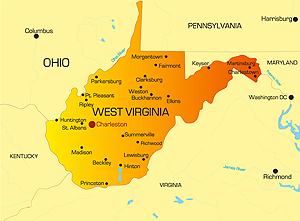A portal website bringing together vital information about natural gas and natural gas vehicles.

| Legislative Session Dates: | January 8 - March 20 |
| Legislature Website: | http://www.legis.state.wv.us/ |
This state was last examined and updated in July, 2016.
